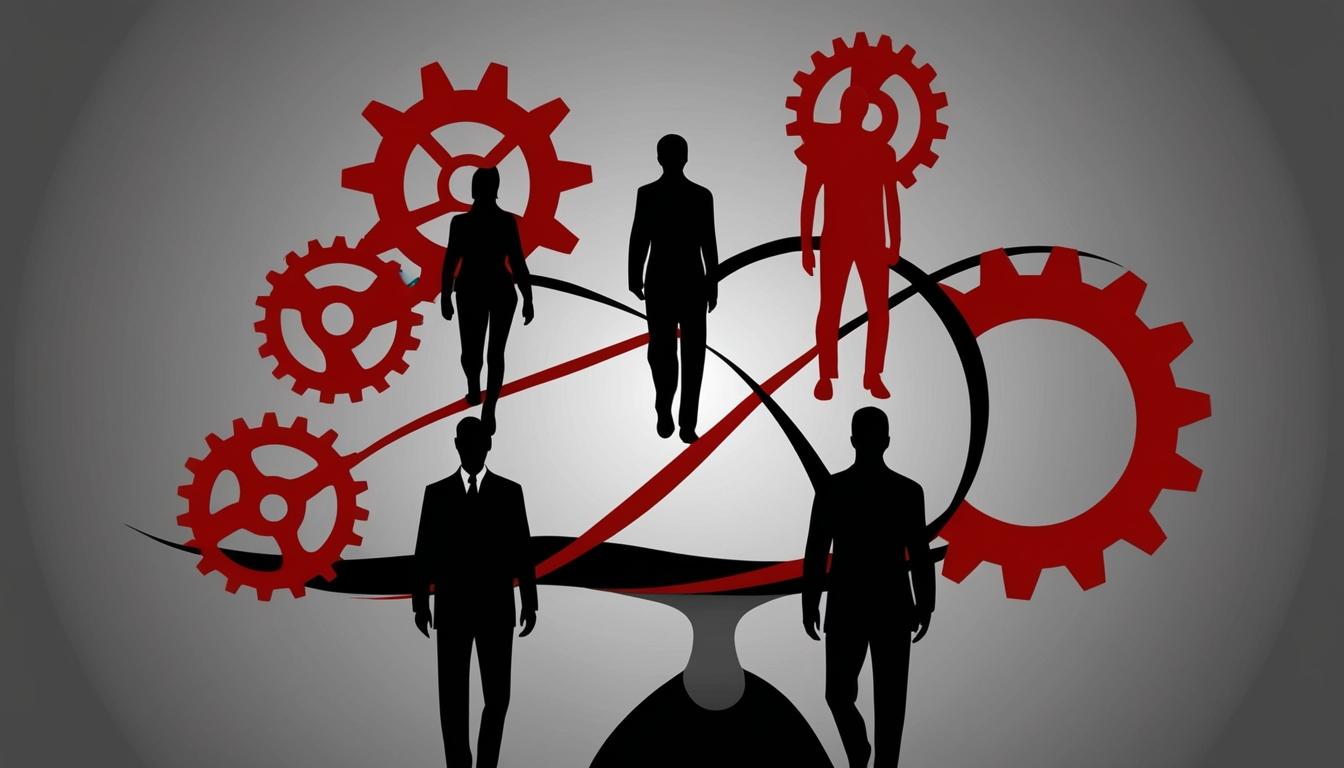The evolving landscape of artificial intelligence (AI) and automation is set to shape the future of business practices in significant ways. As companies navigate a complex environment marked by emerging technologies and regulatory changes, the focus on AI and its potential applications will be paramount. A report from JD Supra indicates that by 2025, businesses will face increasing uncertainty and disruptions which demand a strategic response.
Emerging technologies, particularly in AI and automation, are transforming operational paradigms across industries. These advancements not only enhance productivity but also instigate a notable reconfiguration in how work is conducted. In this rapidly changing arena, companies will need to reassess their corporate strategies to stay competitive. The report highlights that these changes may coincide with a potential second term of the Trump administration, which could introduce new economic policies that impact various sectors significantly.
Geopolitical factors, including trade relations and tariffs, will also likely influence how businesses operate. The report suggests that companies will need to be vigilant in managing these risks, as geopolitical tensions can create additional complexities that ripple across industries and affect workforces.
Moreover, the expectations of stakeholders are evolving, with an increasing focus on human capital management and compensation strategies. JD Supra notes that in light of these ongoing developments, it is crucial for companies to prepare for tougher decisions related to employee management and compensation. This could entail redefining roles, adjusting pay structures, and ensuring alignment with investor and regulatory expectations.
As organisations brace for these anticipated changes, a strategic approach to AI and automation will be essential. The integration of these technologies into business model frameworks is expected to accelerate and reshape the workforce. This means that while companies are innovating, they must also consider the implications for their employees and the structure of their teams.
The year 2025 will not only be about technological advancements but will also spotlight the intricate balance that businesses must maintain to navigate economic pressures, regulatory landscapes, and human-centric considerations. The evolving dialogue around compensation strategies and human capital will be critical as firms adapt to this new realm of business operations.
Source: Noah Wire Services
